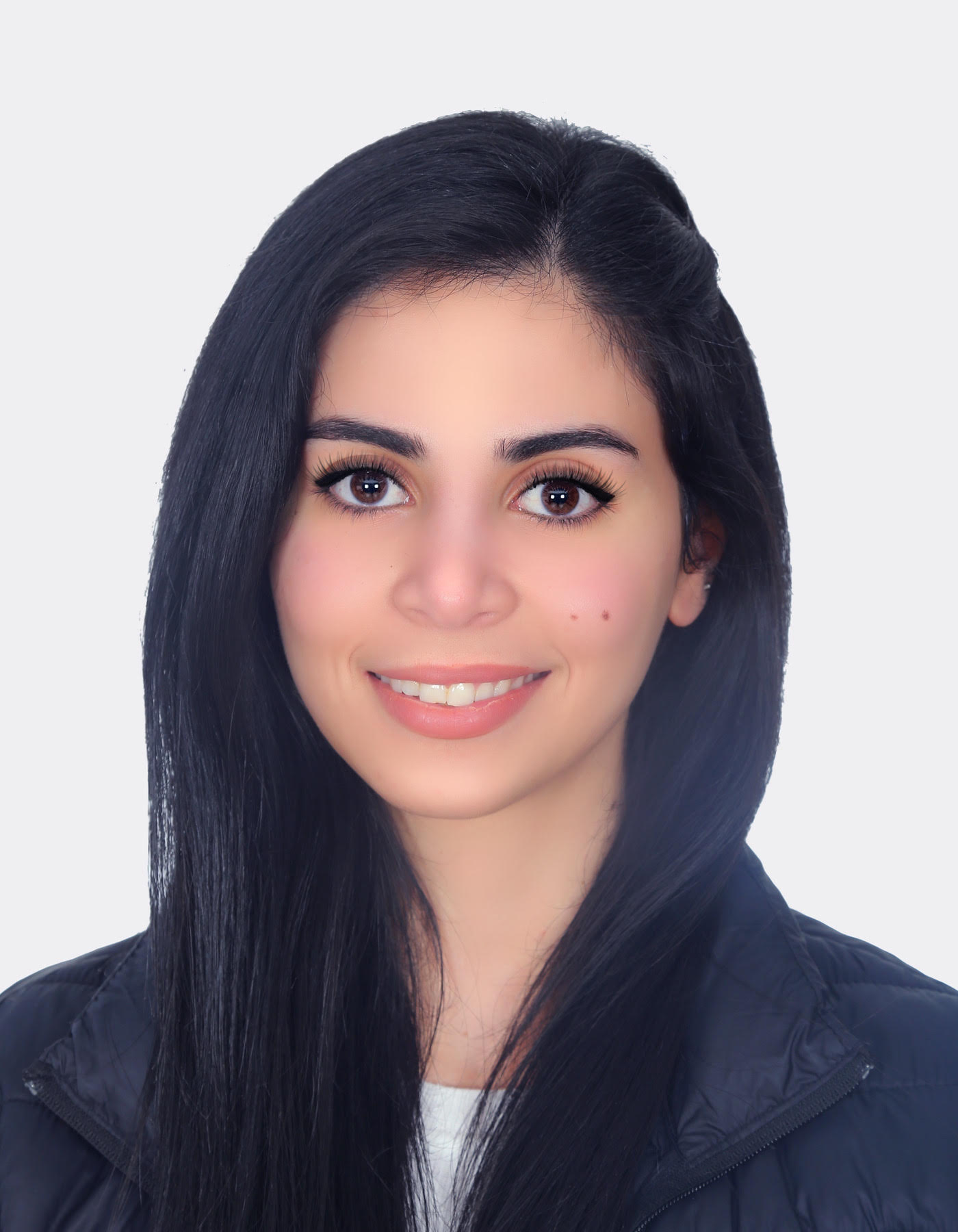
Tala Nazzal
Department of Applied and Allied Medical Sciences
An-Najah National University
t.nazzal@najah.edu

|
Tala Nazzal Department of Applied and Allied Medical Sciences An-Najah National University t.nazzal@najah.edu |
| Participants: | 11 |
| Type of Study: | longitudinal |
| Location: | Palestine |
| Media type: | audio |
| DOI: | doi:10.21415/VJYY-KA80 |
Nazzal, T. and A. Gavarró, A corpus analysis of child and child-directed speech in Palestinian Arabic: A first approach to syntactic development. Journal of Child Language, 2025: p. 1–16. pdf
Nazzal, T., J. Zhu, and A. Gavarró, Early knowledge of word order in Palestinian Arabic: An eye-tracking study. Language Acquisition, 2025: p. 1–16. pdf
In accordance with TalkBank rules, any use of data from this corpus must be accompanied by at least one of the above references.
There is to date no spontaneous production data for child and child-directed speech for any Arabic variety. The purpose of this corpus is to provide a first corpus of child production, as well as child-directed speech, for Palestinian Arabic. The data were collected from February to July 2021 from 11 healthy monolingual Palestinian Arabic speaking children aged between 2;0 and 6;5 years old and their parents in Hebron, Jaljuliya, Jenin, Nablus, Qalqilya, Taybeh, Toulkarm in Palestine.
Birthdates and cities of children are: